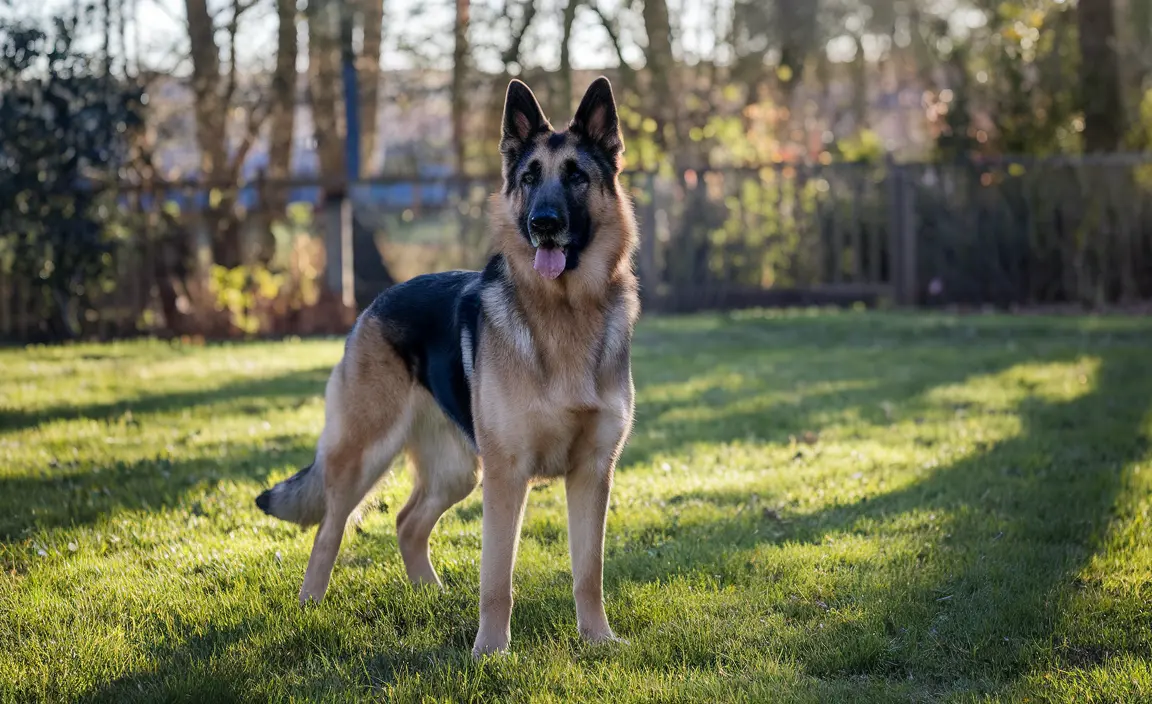When dog enthusiasts and professionals discuss the remarkable German Shepherd, you'll often encounter the abbreviation "GSD". But what exactly does this term mean, and why has it become such a widely recognized acronym in the canine world? This comprehensive guide will unpack the meaning behind GSD and explore the fascinating world of these incredible dogs.
Whether you're a potential dog owner, a breed enthusiast, or simply curious about these remarkable working dogs, understanding the GSD meaning will provide valuable insights into one of the most versatile and intelligent dog breeds globally.
The Origin of the Term GSD
GSD stands for "German Shepherd Dog", a straightforward yet meaningful abbreviation that encapsulates the breed's rich heritage. Originating in Germany in 1899, these dogs were initially bred for herding sheep, showcasing their incredible intelligence and work ethic from the very beginning.
A Global Name with Local Variations
Interestingly, the breed is known by different names across various countries. In the United Kingdom, they're often called Alsatians, while in France, they're known as Berger Allemand. The German term, Deutscher Schäferhund, directly translates to "German Shepherd Dog", emphasizing the breed's national origin.
The Evolution of German Shepherds: From Herding to Heroism
German Shepherds have dramatically transformed from their original herding roots. Today, they are celebrated for their extraordinary versatility in various critical roles. Police departments, military units, search and rescue teams, and disability assistance programs all rely on the exceptional capabilities of GSDs.
Characteristics that Define the Breed
What makes German Shepherds so uniquely suited to these demanding roles? Their combination of intelligence, loyalty, and physical prowess sets them apart. GSDs are medium to large-sized dogs known for their:
- Exceptional problem-solving skills
- Strong protective instincts
- Remarkable trainability
- High energy and endurance
- Deep loyalty to their human companions
Why Professionals Use the GSD Abbreviation
The term GSD isn't just a casual nickname—it's a standardized abbreviation used globally by breed clubs, kennels, and professional registries. This shorthand makes communication more efficient, especially in written breed standards, professional discussions, and technical documentation.
Understanding the Modern German Shepherd
Modern GSDs have diversified into various types, each with slightly different characteristics. Working lines tend to be more athletic and intense, while show lines are often bred for specific physical conformations. Despite these variations, the core traits of intelligence, loyalty, and versatility remain consistent.
Frequently Asked Questions
What does GSD stand for in reference to dogs?
GSD stands for "German Shepherd Dog", a breed originating in Germany with a rich history of working alongside humans.
Why are German Shepherds also known as Alsatians in some countries?
The term "Alsatian" became popular in the UK, particularly after World War I, to distance the breed from its German origins during a period of international tension.
How did German Shepherds evolve from herding dogs to working in diverse roles?
Their exceptional intelligence, trainability, and physical capabilities allowed them to transition from sheep herding to critical roles in police, military, and assistance work.
What characteristics make German Shepherds suitable for roles like police work and disability assistance?
Their high intelligence, strong work ethic, physical strength, loyalty, and ability to learn complex tasks make them ideal for these demanding roles.
How do the physical and temperamental differences between German Shepherd types affect their roles as pets or working dogs?
Different breeding lines prioritize various traits. Working lines are more intense and task-oriented, while show lines might be more suitable as family companions, but all maintain the breed's core characteristics of intelligence and loyalty.






